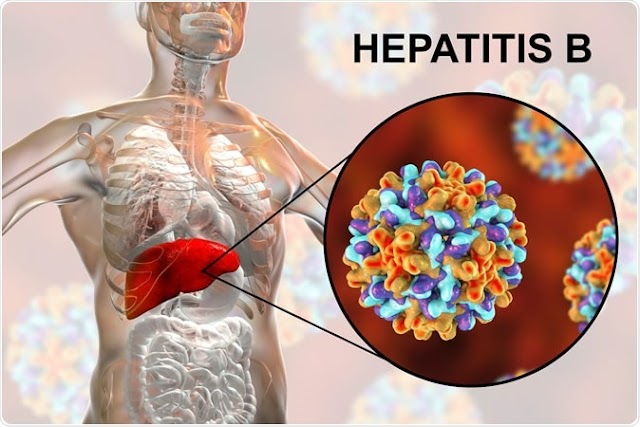Hepatitis B?
Hepatitis B is an infection that affects the liver and can cause acute and chronic diseases. It is spread through infected blood, semen, vaginal fluids, or other body fluids. The virus can cause liver inflammation, liver damage, and in some cases, liver cancer. Symptoms of hepatitis B infection may include fatigue, abdominal pain, jaundice, and loss of appetite.
To prevent hepatitis B infection.
Vaccine is available
Hepatitis B symptoms
The symptoms of Hepatitis B can vary from person to person, and some individuals may not have any symptoms at all. However, common symptoms of acute Hepatitis B include:
- Fatigue
- Abdominal pain
- Joint pain
- Jaundice (yellowing of the skin and eyes)
- Loss of appetite
- Nausea and vomiting
- Dark urine
- Clay-colored stool
- Itchy skin
- Fever
Chronic Hepatitis B can lead to more severe health problems, including liver cirrhosis and cancer. Some people with chronic Hepatitis B may not have symptoms for many years. Still, as the liver becomes more damaged, they may experience the following:
- Fatigue
- Weakness
- Loss of appetite
- Nausea
- abdominal pain
- Bruising easily
- Jaundice
- Dark urine
- Itchy skin
- Pale-colored stool
It is necessary to see a doctor if you think you may be exposed to Hepatitis B or if you are experiencing symptoms.
hepatitis B causes
Hepatitis B is caused by a viral hepatitis B virus (HBV). The virus is spread through infected blood, semen, vaginal fluids, or other body fluids. Some of the common ways that Hepatitis B can be extended include:
- Sexual contact with an infected person
- Sharing needles or other injection equipment
- Birth to an infected mother
- Exposure to infected blood or body fluids on the job (for healthcare workers)
- Sharing items such as razors and toothbrushes with an infected person
It is also possible to contract Hepatitis B through blood transfusions or organ transplantation. However, this is less common in developed countries where donated blood and organs are screened for the virus.
Persons with a weak immune system, such as HIV, are more Supposed to become infected with Hepatitis B and develop a chronic infection.
Hepatitis B causes prevention.
Preventing Hepatitis B infection involves avoiding contact with the virus. Some of the ways to prevent Hepatitis B include:
- Getting vaccinated: A safe and effective vaccine is available to prevent Hepatitis B. The vaccine is usually given in three shots over six months.
- Practicing safe sex: Using condoms or other barriers can reduce the risk of Hepatitis B transmission.
- Avoiding sharing needles or other drug-injection equipment: Sharing needles can quickly spread the virus. If you use injected drugs, consider participating in a needle exchange program.
- Being careful in the workplace: If you work in a job that exposes you to blood or other body fluids, take steps to protect yourself from Hepatitis B. This includes wearing gloves, goggles, and other protective gear as appropriate.
- Avoid sharing personal items: Sharing items like razors or toothbrushes with an infected person can spread the virus.
- Taking precautions during pregnancy: If you are pregnant and have Hepatitis B, talk to your doctor about ways to prevent passing the virus on to your baby.
In addition, people with Hepatitis B can reduce their risk of transmitting the virus by avoiding unprotected sex, not sharing needles or other drug-injection equipment, and being vaccinated.
hepatitis B treatments
Treatment for Hepatitis B depends on whether the infection is acute or chronic.
For acute Hepatitis B, treatment is typically not necessary, as the body can often clear the virus on its own. In some cases, supportive care, such as rest and hydration, may be recommended.
For chronic Hepatitis B, antiviral medications may be used to help control the virus and prevent liver damage. Some common antiviral medications used to treat chronic Hepatitis B include:
- Entecavir (Baraclude)
- Lamivudine (Epivir-HBV)
- Tenofovir disoproxil fumarate (Viread)
- Telbivudine (Tyzeka)
- Adefovir dipivoxil (Hepsera)
In addition, people with chronic Hepatitis B may also need to be monitored for liver damage and other complications. They may need to make lifestyle changes, such as avoiding alcohol and managing their weight, to protect their liver.
If liver damage is severe, a liver transplant may be necessary.
It is vital to work with a healthcare provider to determine the best treatment for Hepatitis B.











0 Comments